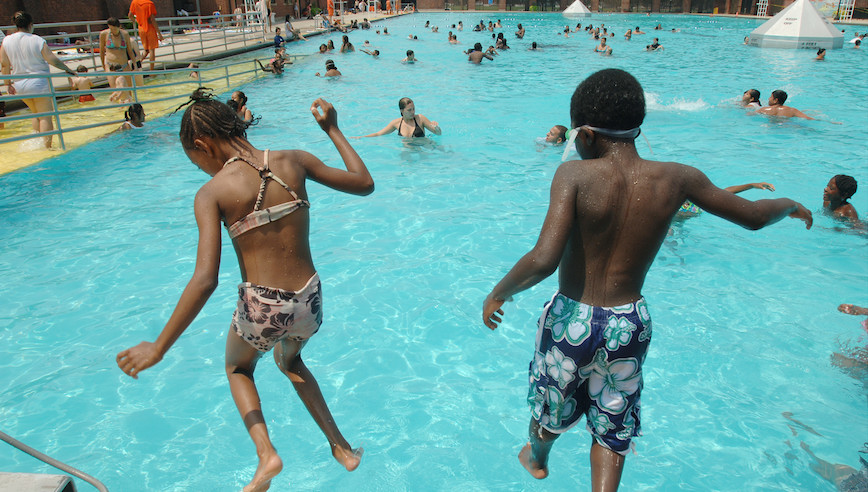Be careful next time you go swimming, you never know what could be lurking in the water. The Centers for Disease Control and Prevention shared a warning about a fecal parasite that can live in a swimming pool for days.
This parasite, Cryptosporidium (or Crypto), is spread by feces, and according to the CDC reports of this outbreak have increased 13 percent per year during the 2009-2017 period.
In that time frame, there have been over 400 outbreaks, which resulted in over 7,000 cases in the states and outlying entities.
CDC reports that Crypto is the No. 1 leading cause of diarrhea outbreaks relating to water-borne illness. It causes the victim to have diarrhea that can last up to three weeks. Additionally, some other symptoms, according to NYC.gov, are low-grade fever, abdominal cramping, vomiting, loss of appetite, weight loss, and dehydration.
Symptoms usually appear within 2 to 10 days after exposure. If it is not being treated, it can lead to life-threatening malnutrition and more.
The parasite — often spread by exposure to cattle — is most commonly spread within swimming pools and water playgrounds, even at daycare. It can also be spread by people ingesting affected water, by touching stool or contaminated items then touching the mouth, by eating and drinking water contaminated and more.
To avoid the spread of this illness, the CDC suggests washing your hands after handling food, and after changing diapers. NYC.gov also suggests avoiding from streams, lakes, springs and especially swimming pools. Also, if you’re unsure if water is contaminated, heat water to a rolling boil for one minute. Also carefully dispose of sewage wastes and comply with water advisories.
Pool keepers who may suspect contamination are supposed to chemically shock a pool as quickly as possible.
Swimmers of all ages are urged not to go swimming in a pool if they have diarrhea. Swimmers should also keep their mouths closed when swimming to avoid ingesting the parasite.



















